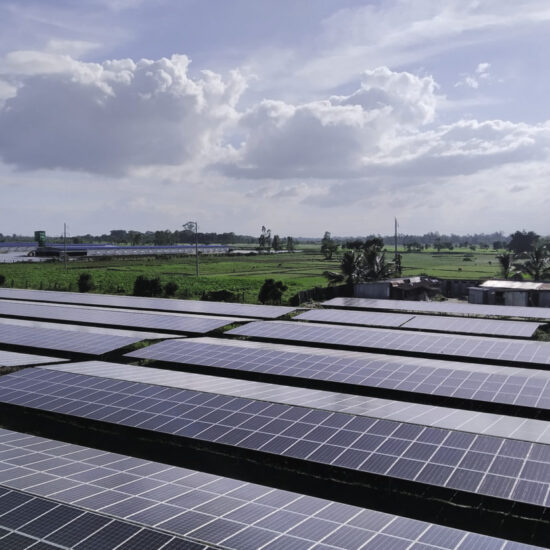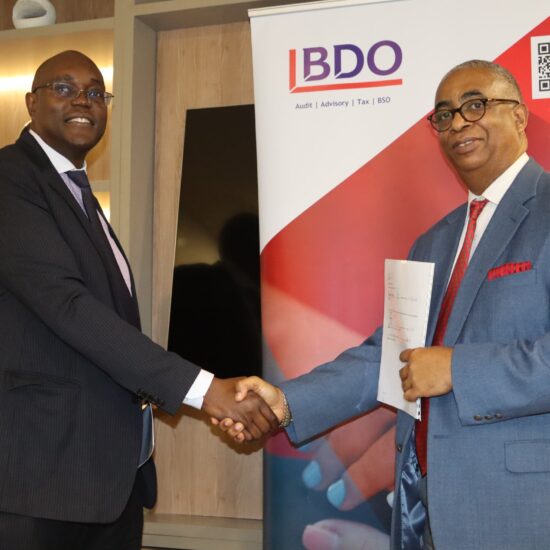
The Engineering Institution of Zambia (EIZ) has announced its collaboration with ZESCO Limited in the development of a robust accreditation process for prospective solar system installers in Zambia.
According to the statement made available to the Zambian Business Times – ZBT, by the Engineering Institution of Zambia, Public Relations and Marketing Manager, Ntalasha Mutale, this initiative follows an exploratory visit by a Zambian delegation to the City of Cape Town, South Africa, to study their successful implementation of the Net-Metering system.
Mutale explained that a team comprising representatives from ZESCO Limited, the Energy Regulation Board, and the Presidential Delivery Unit, including suppliers and manufacturers of various inverters, embarked on a tour of Cape Town Municipality to learn how the Net Metering Policy could be implemented in Zambia.
Net metering is a billing mechanism that credits solar energy system owners for the excess electricity they add to the grid and with the current energy crisis, the country is facing, this is one of the initiatives to mitigate the deficit.
“With Zambia poised to increase its renewable energy profile, it has become apparent that a structured and rigorous accreditation system for solar installers is put in place to ensure the installations meet high standards of safety, efficiency, and reliability, ultimately fostering public trust and accelerating the adoption of non-hydro energy solutions.”
As a statutory body regulating the engineering practice in Zambia, EIZ is committed to, Developing Accreditation Standards and collaborating with ZESCO to formulate comprehensive standards and criteria for accrediting solar system installers.
She said EIZ will collaborate with TEVETA to establish training programs that equip installers with the necessary skills and knowledge to adhere to these standards, implementing a continuous assessment mechanism to ensure compliance with accreditation standards, thereby guaranteeing quality and reliability in solar installations.
“Engaging with key stakeholders, including government agencies, industry players, and educational institutions like TEVETA, to foster a collaborative approach to renewable energy adoption.”
Mutale said this collaboration will enhance Energy Security, Economic Growth, and Environmental Sustainability.
“As an institution, EIZ is dedicated to regulating and advancing the engineering profession for the benefit of society.” She added.







